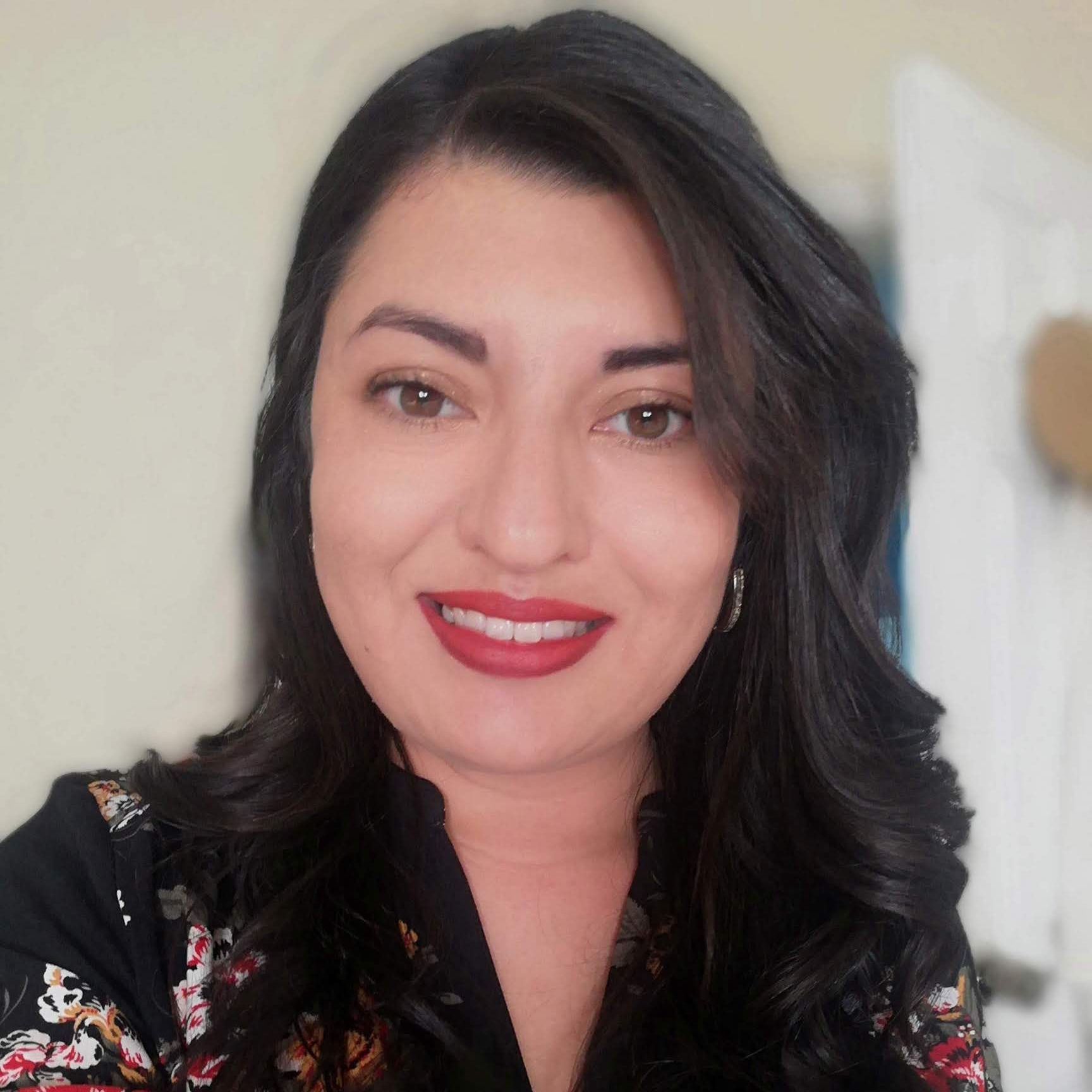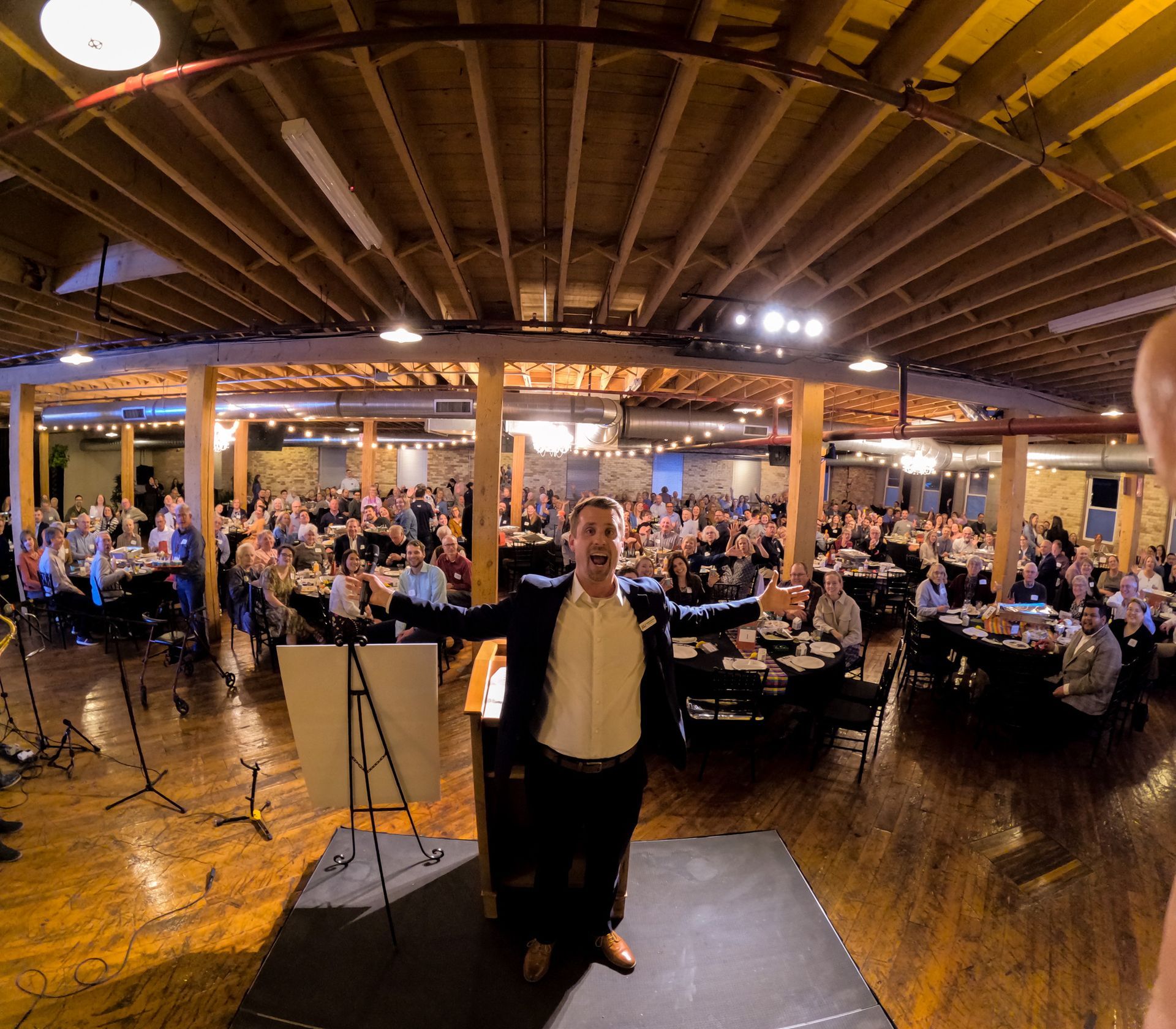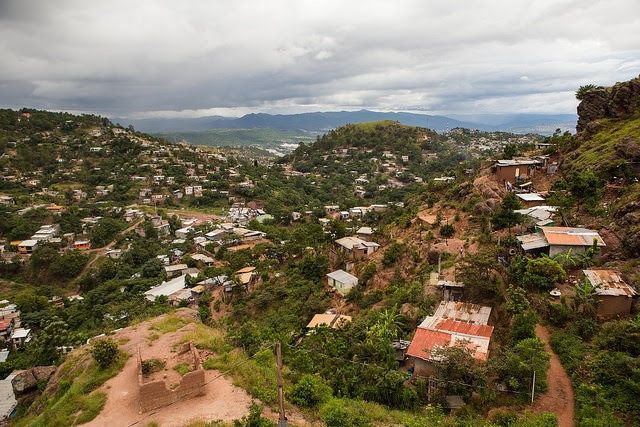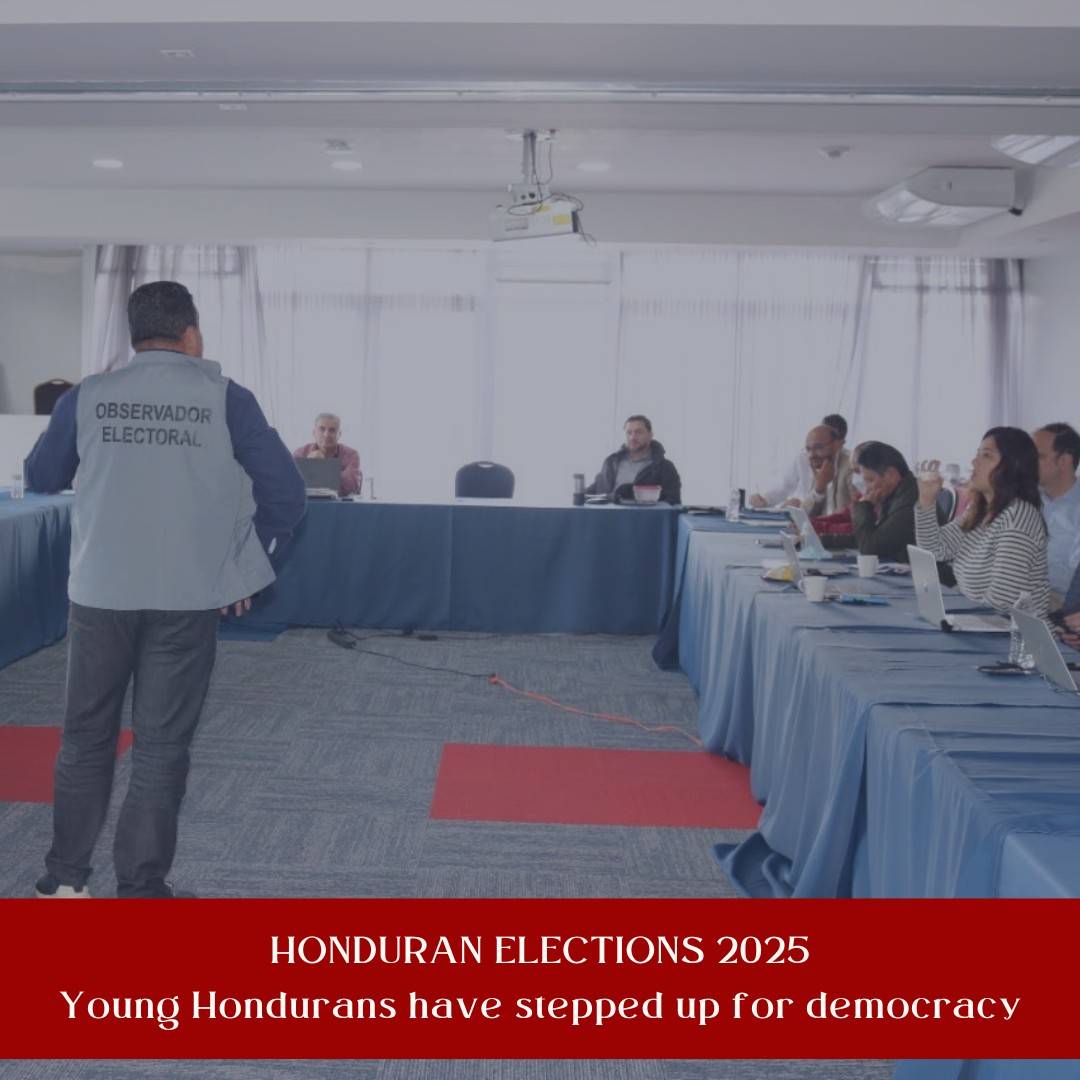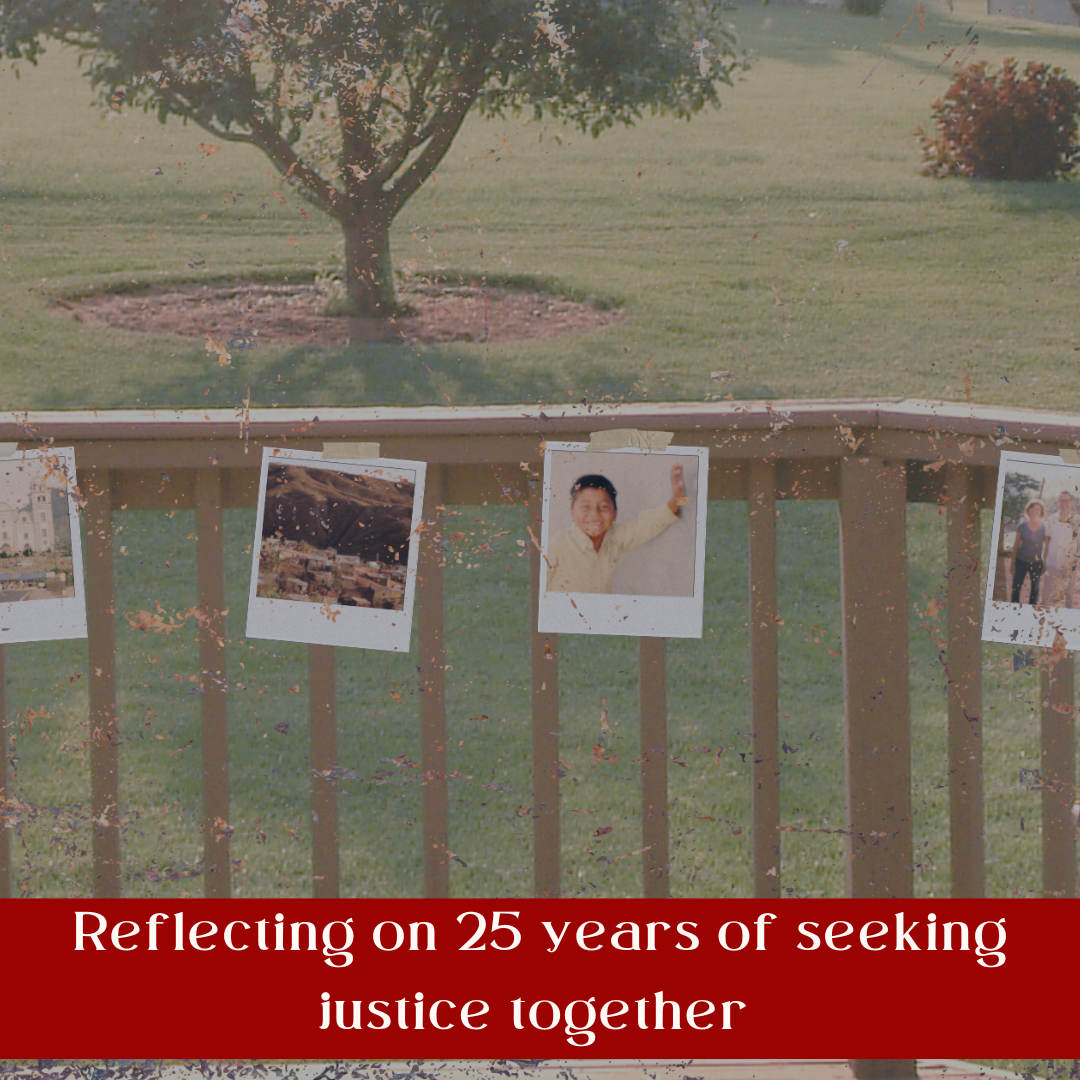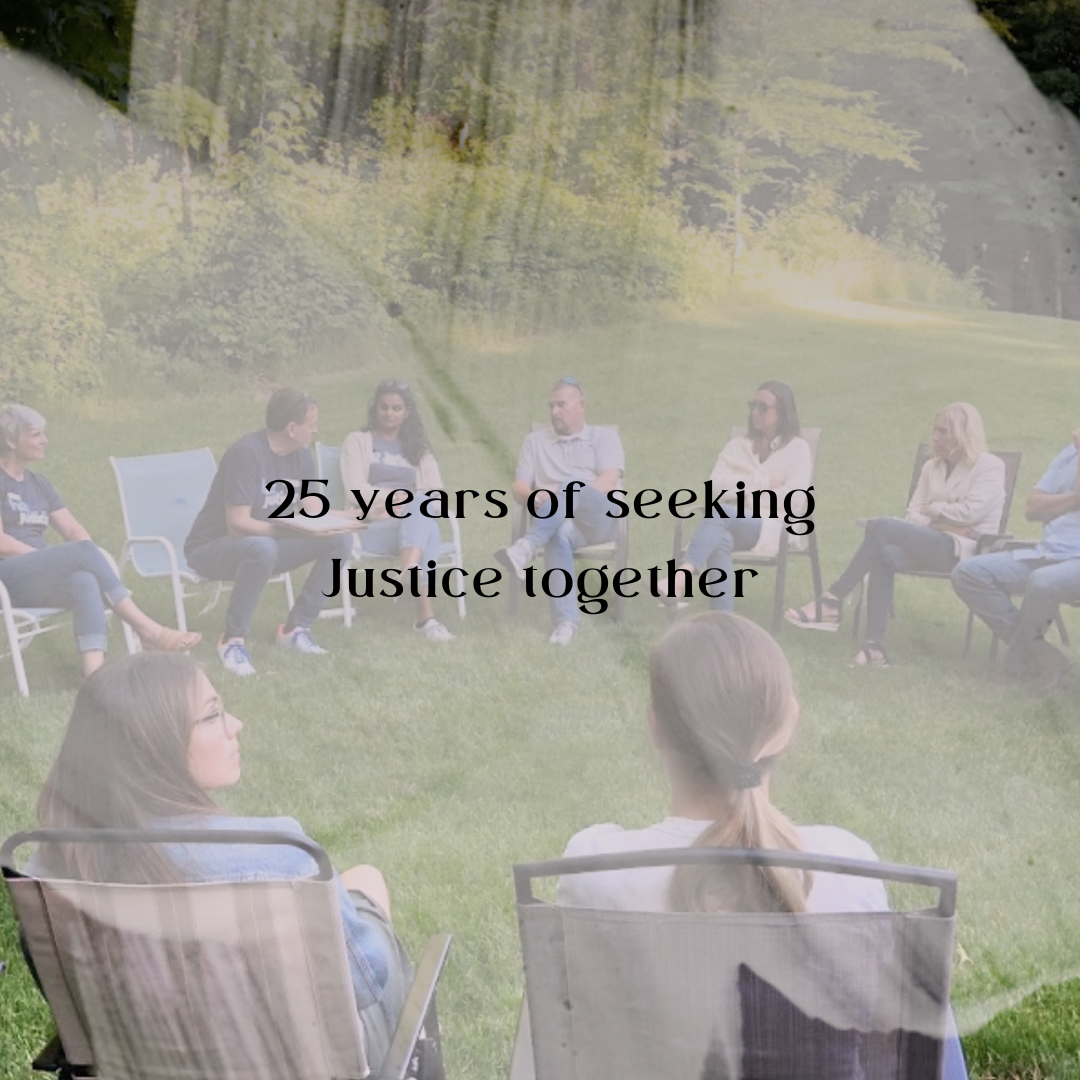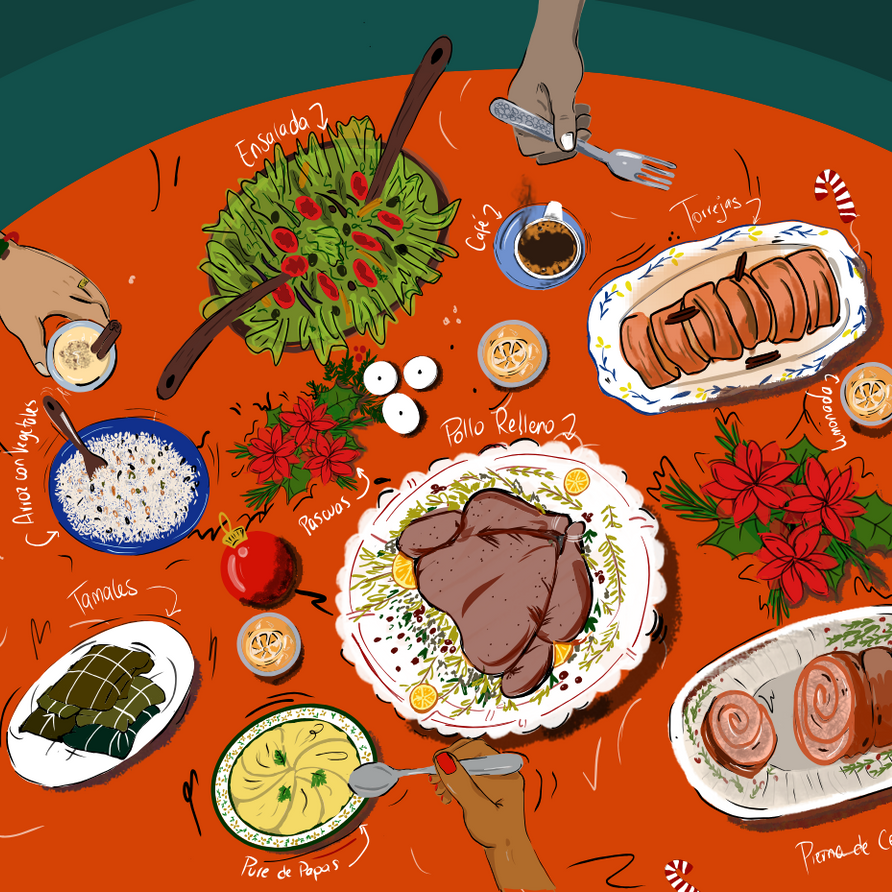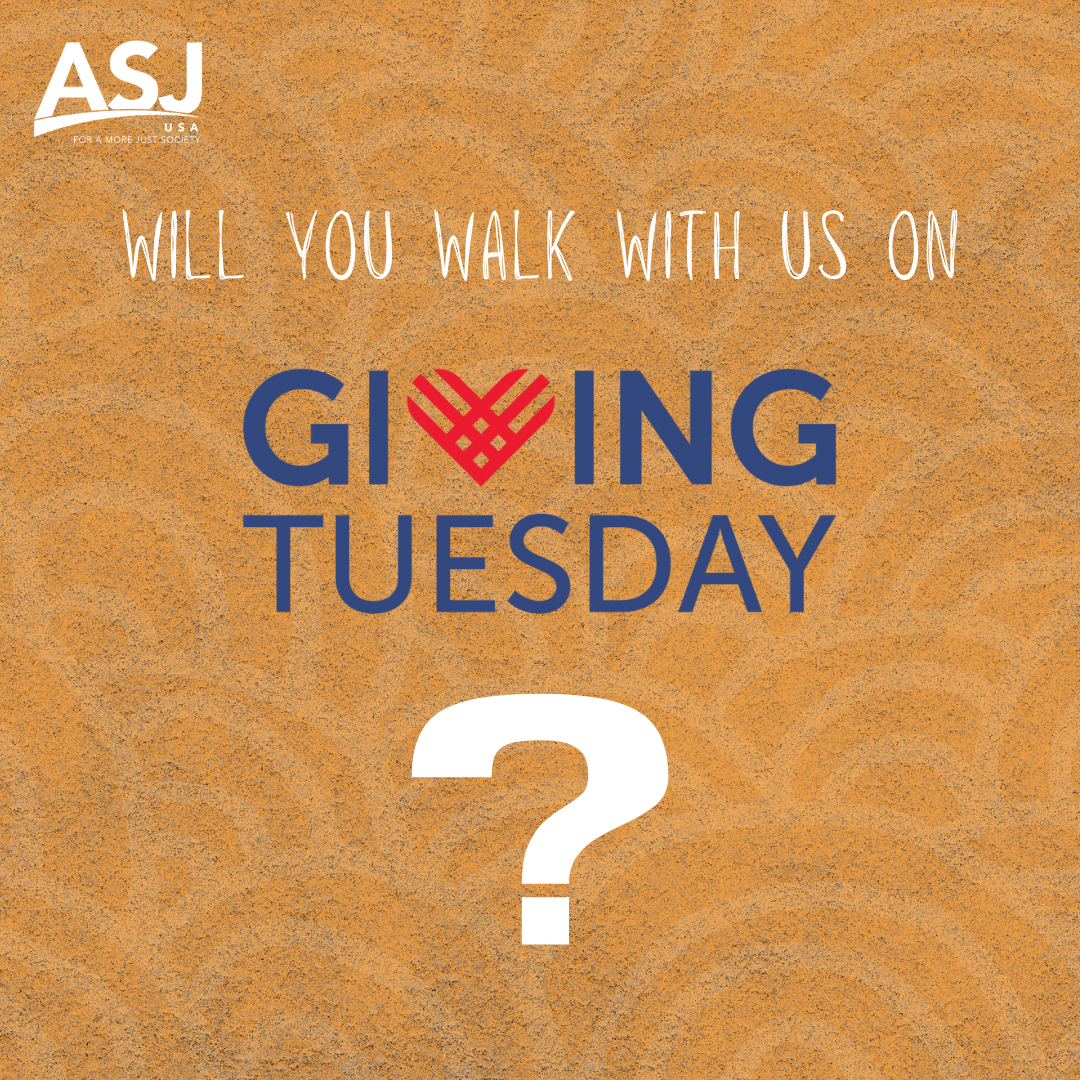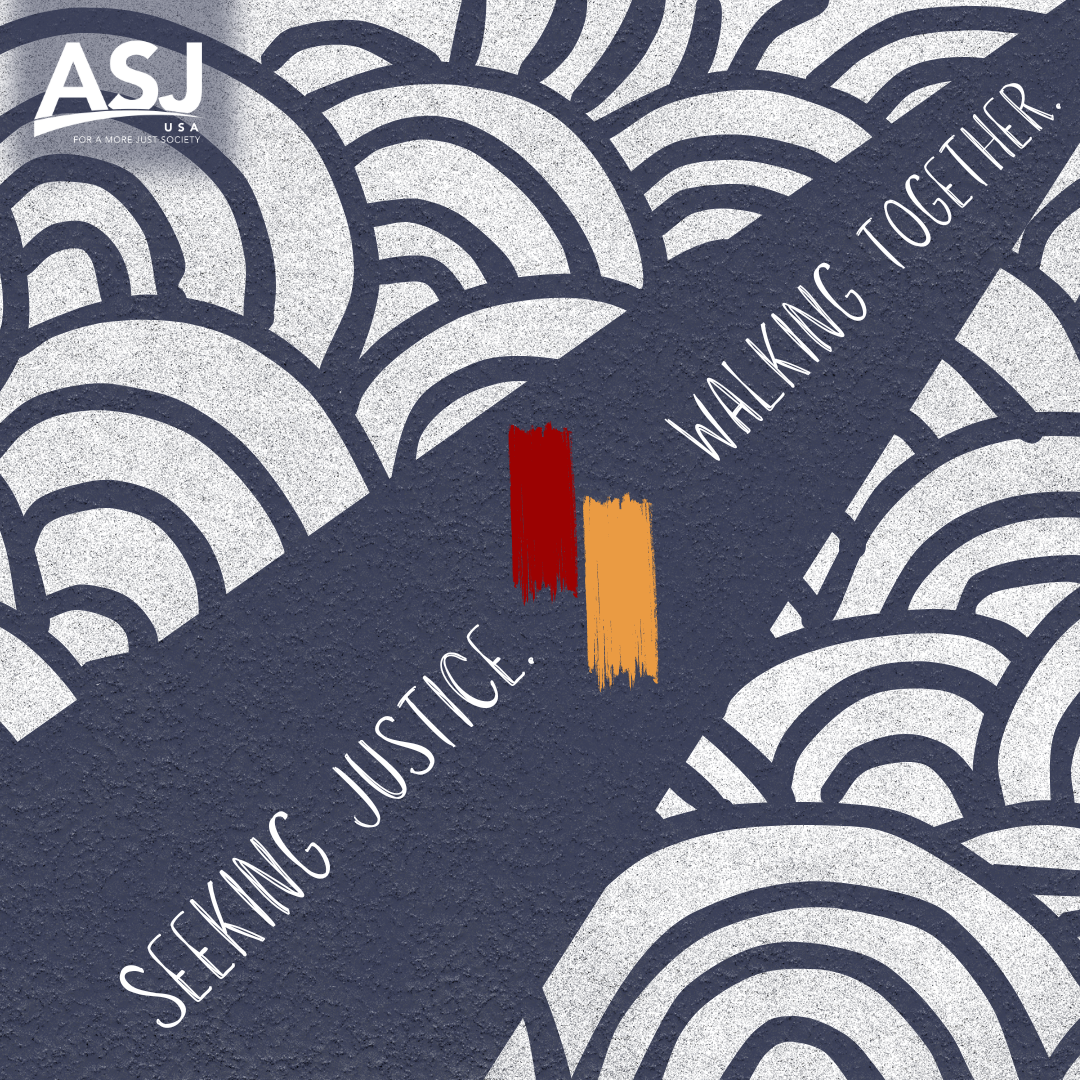Claudia Gómez is ASJ’s web master and digital community manager. As a member of the Communications team she expertly helps run press conferences that reveal ASJ’s research to officials and the public. (Last year we hosted 38 press conferences!) She also ensures the general public can engage with ASJ’s advocacy messages online. Here, she shares her perspective on opportunity, solidarity, and justice in Honduras’ capital city, Tegucigalpa.
April 26, 2023
Solidarity & Hilltop Views in Tegucigalpa
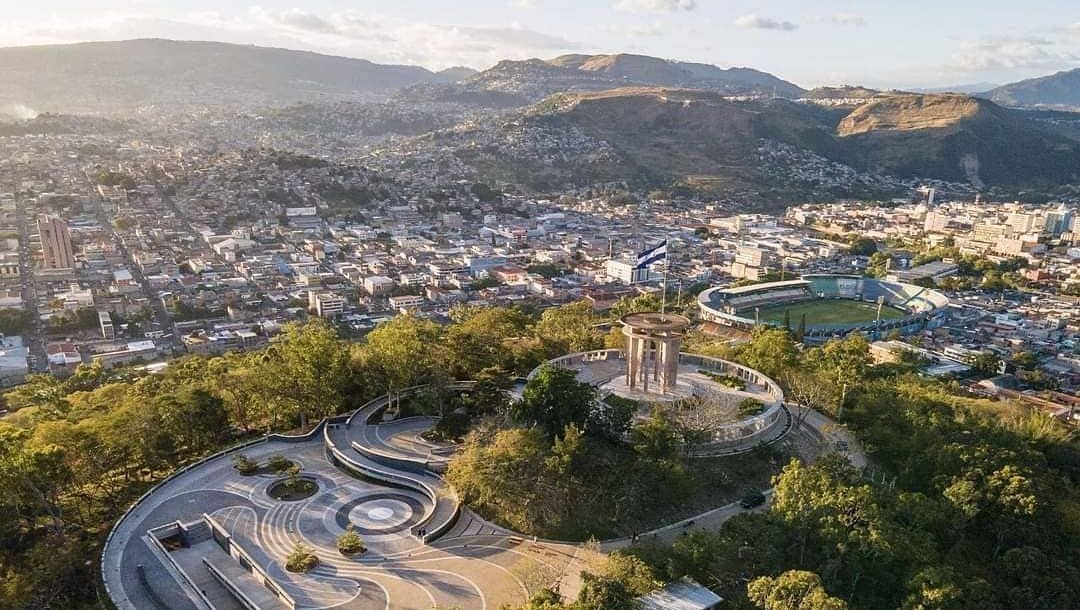
We bring you a special series, “Why We Call It Home.” While ASJ's office is in the capital city of Tegucigalpa, our 70 staff—lawyers, social workers, policy analysts, researchers, accountants, IT specialists—come from all across Honduras. Their knowledge of and love for their communities fuels their determination to bravely work for justice. ASJ staff live out the expression, "perfect love" drives out fear." Because they want safe communities, they launch initiatives to prevent violence and improve court systems. Because they want their children's schools free from corruption, they campaign for a stronger public education system.
We asked three staff members, Claudia, Hillary, and Winnie, to share what makes their hometowns special. As you get to know their communities, we invite you to join in their hope for a future where everyone experiences peace and justice at home.
How would you describe Tegucigalpa’s geography and people?
The capital of Honduras is a city surrounded by mountains, with a rugged topography and a historic center with narrow colonial-style streets. Traveling on this "up and down" terrain can make you feel like you are on a roller coaster. The city remains in constant movement, people come and go, like an anthill, always in action.
With approximately two million inhabitants, the poorest and most prosperous neighborhoods are right next to each other, often separated by walls or streets, so you can see poverty and abundance in close proximity and marked inequalities.
Capital city residents might be considered more serious and distant compared to other parts of Honduras, but I believe we’re also prone to solidarity and we help our neighbors. If you ever have a problem in the street, some angel will appear to assist you.
How did growing up in Tegucigalpa shape you?
I was born and raised in Tegucigalpa. My parents are from the interior of the country and came to the city to study because my grandparents believed in the importance of education for a better future. My parents believed the same and I consider myself lucky to have had an opportunity that thousands of Hondurans have not.
What are some of your favorite places or memories in Tegucigalpa?
One of my favorite memories is my walk through the Juana Laínez park (pictured above). I grew up in Morazán, one of the oldest neighborhoods in the city, named after one of our founding fathers: Francisco Morazán.
The park is very close by, so we used to walk there as a family or go on bike rides. The park has a beautiful hilltop view of the capital and it is also home to one of the emblematic symbols of the city: the Peace Monument.
My other favorite places are El Picacho Park, which has a beautiful view by day or night; and La Tigra National Park, a cloud forest that is the "lung" of the city. There you can feel the pure and fresh air.

From left to right: entrance sign for La Tigra National Park, waterfall at La Tigra National Park, and sculpture in El Picacho Park
What are some issues or injustices that affect life in Tegucigalpa?
Life in the capital city is hectic. As the governmental center of the country, this is where Hondurans "inhale" the political atmosphere the most, and in recent years, this has resulted in increased polarization. Inequality is marked in the city and in access to public services, for example in some neighborhoods people only receive water once a month. Although the largest and most equipped public hospitals in the country are located here, there is limited access to medicines and people wait months or even more than a year to undergo surgery. There are neighborhoods where gangs and organized crime create an environment of fear. Although the government has taken some actions, many people still feel insecure or have lost their lives.
Yet, as capital city residents we also witness firsthand the results of ASJ's work. We see the impact of advocacy campaigns, how officials react to our reports, and how other civil society organizations, universities, churches and individuals join our efforts for a more just society.




